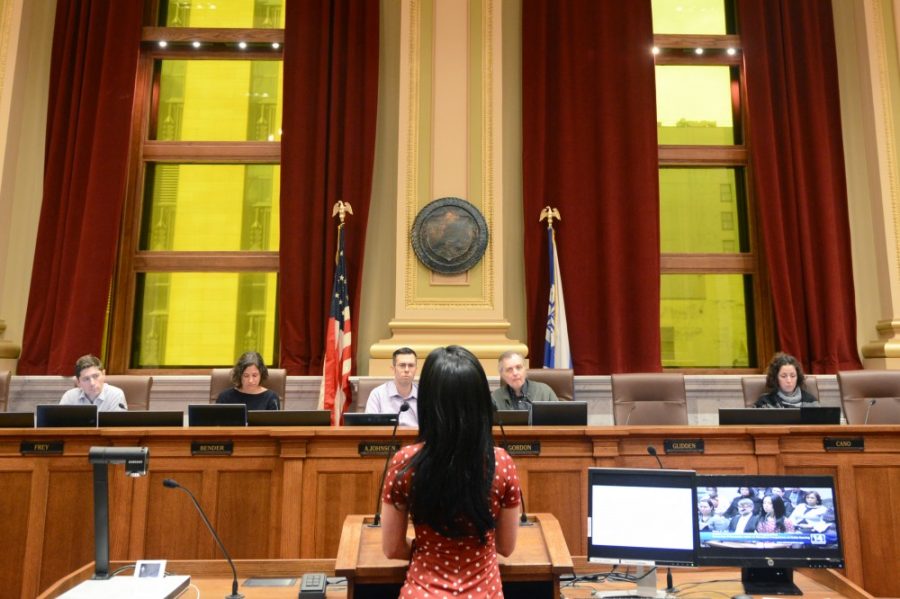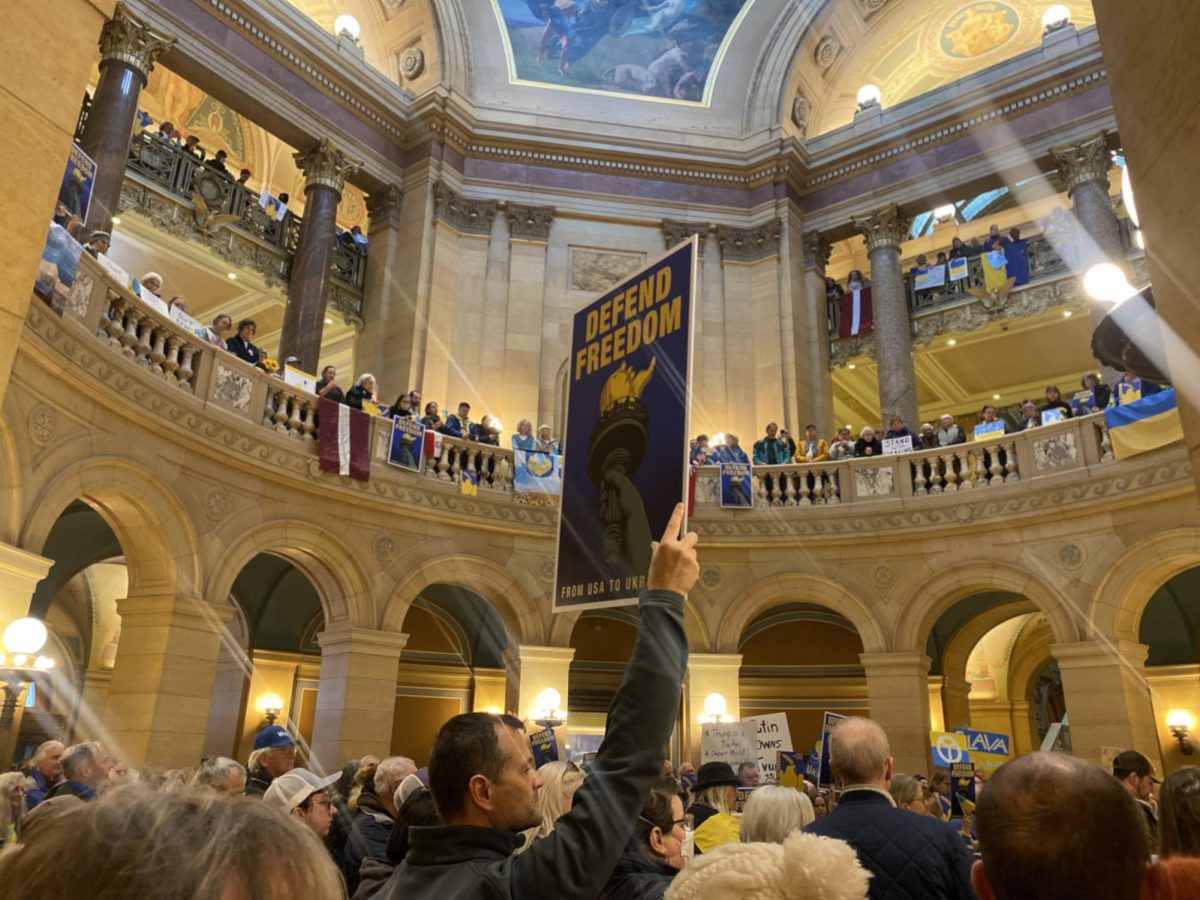This past month, the city of Minneapolis passed a new ordinance that bolsters working conditions in the adult entertainment industry.
The University of Minnesota’s Urban Research and Outreach-Engagement Center conducted research into workplace environments at city strip clubs and presented its findings to the City Council in June 2018. These findings highlighted concerns including unsanitary workplace conditions, wage theft and inappropriate client behavior, which are addressed in the ordinance. Principles outlined in the ordinance focus on increased protections for entertainers, updated general security and physical space requirements.
UROC conducted 24 interviews with people affiliated with the 17 licensed adult entertainment businesses in Minneapolis and received responses from 29 voluntary participants from the industry, according to UROC research fellow Christina Melander.
“We directly spoke with people who had experience at nine out of the ten strip clubs, but were able to hear information about all of them,” Melander said.
Past adult entertainment ordinances around the state and country have focused on controlling public nuisance or vice with little to no input from the entertainers themselves. Minneapolis and UROC decided to alter the city’s ordinance with input from multiple conversations with industry workers.
City council members and co-authors of the ordinance, Cam Gordon and Linea Palmisano, realized that if they were going to make any updates to adult entertainment industry regulations, they would place workforce impact and perspective as a top priority, Gordon said.
“When we did our surveys we didn’t get a lot of complaints from other things that you think might be going on in terms of prostitution, sex trafficking, drug dealings. That isn’t to say that they are not going on, but we weren’t getting any of the entertainers expressing any real concern regarding those topics,” Gordon said.
During their field research, UROC researchers found that most entertainers expressed grievances about the lack of written contracts between the workers and the establishments they perform in.
Entertainers also reported regularly experiencing “wage theft in the form of fees and mandatory tipping of salaried staff such as managers and security,” according to the ordinance. Many of the entertainers are expected to bring in a large percentage of the establishment’s income yet are exposed to seemingly unsanitary, sometimes dangerous and exploitative working conditions.
“It is very possible for an entertainer to leave at the end of the night with less money in hand than what they started [the night] with,” Palmisano said.








